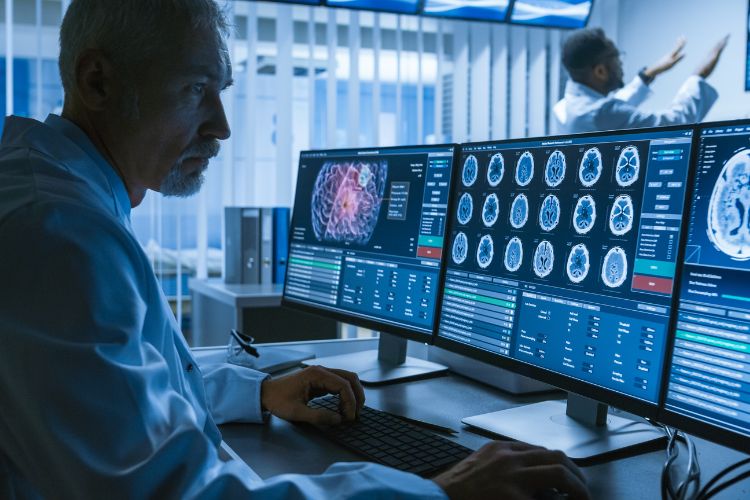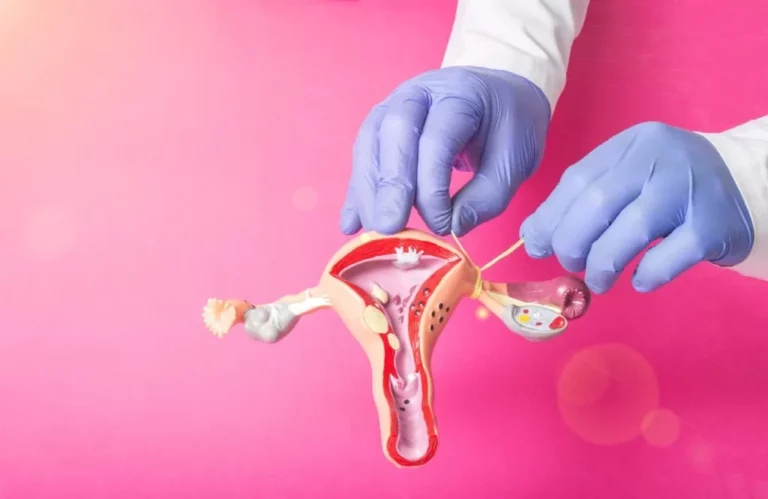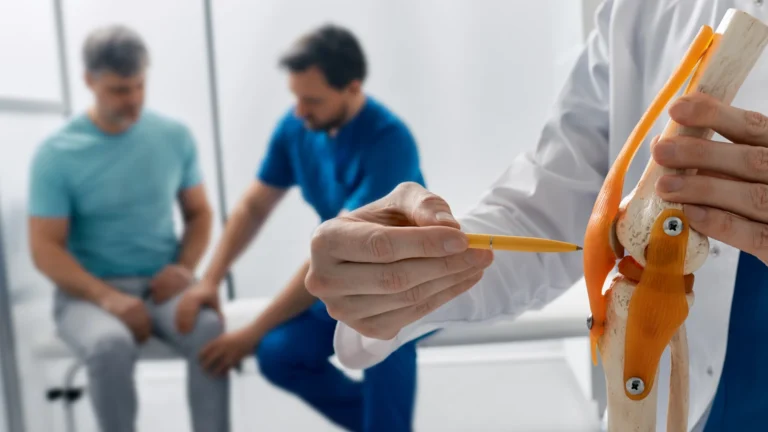
xr:d:DAF98xpVx2k:24,j:8509971458046391518,t:24022704
Living with an autoimmune disorder means your body’s immune system mistakenly attacks its own cells. Managing these conditions often requires careful and continuous monitoring to track disease activity and adjust treatment. Nuclear medicine offers a unique way to see what’s happening inside the body, providing valuable information that helps in managing these complex disorders.
Understanding Nuclear Medicine
The field of nuclear medicine is a specialized area of medical imaging that uses small amounts of radioactive materials, or radiotracers, to diagnose and treat diseases. Unlike other imaging techniques that show structure, nuclear care shows how organs and tissues are functioning.
Before a scan, a radiotracer is typically injected into a vein, swallowed, or inhaled. This tracer travels through the body and accumulates in the specific area being examined. A special camera, called a gamma camera, detects the energy emitted by the tracer. With the help of a computer, it creates images that show how that part of the body is functioning. Since it focuses on function, this field of medicine can often detect problems much earlier than other imaging methods.
Visualizing Inflammation and Organ Damage
Inflammation is a hallmark of many autoimmune disorders, playing a key role in conditions like rheumatoid arthritis and inflammatory bowel disease. Detecting and pinpointing areas of inflammation within the body is key for effective diagnosis and treatment. Nuclear medicine imaging, particularly techniques like PET (Positron Emission Tomography) scans, has proven highly effective in identifying inflamed tissues, offering valuable insights into disease activity.
In rheumatoid arthritis, a PET scan can identify which joints are actively inflamed. This helps doctors assess the severity of the disease. It also provides a better understanding of its impact on the body. PET scans can monitor how well treatments are working. They offer clear evidence of whether inflammation is being reduced over time.
Nuclear medicine plays a role in managing autoimmune conditions. It offers detailed imaging of disease activity. These advanced imaging techniques help doctors tailor treatments. This improves patient outcomes and quality of life. This field of medicine can precisely locate inflammation. This makes it a tool in the fight against autoimmune disorders.
Assessing Autoimmune Conditions
Some autoimmune disorders target specific organs, like Hashimoto’s thyroiditis (thyroid) or autoimmune hepatitis (liver). This field of medicine uses advanced imaging techniques to evaluate these organs. A thyroid uptake and scan assesses thyroid function and detects damage or inflammation caused by Hashimoto’s. Similarly, a HIDA scan evaluates liver and gallbladder function in autoimmune-related conditions. These tools give doctors detailed insights into organ function and any inflammation or damage. By providing precise information, nuclear medicine helps guide treatment plans and monitor progress, leading to better patient outcomes.
Take Control of Your Health
Nuclear medicine plays a role in managing autoimmune disorders by providing insights into disease activity and treatment effectiveness. By tailoring treatment strategies to your unique needs, doctors can take a proactive approach to minimize organ damage and improve your quality of life. See a healthcare provider to explore these advanced tools and stay on top of your health journey.





